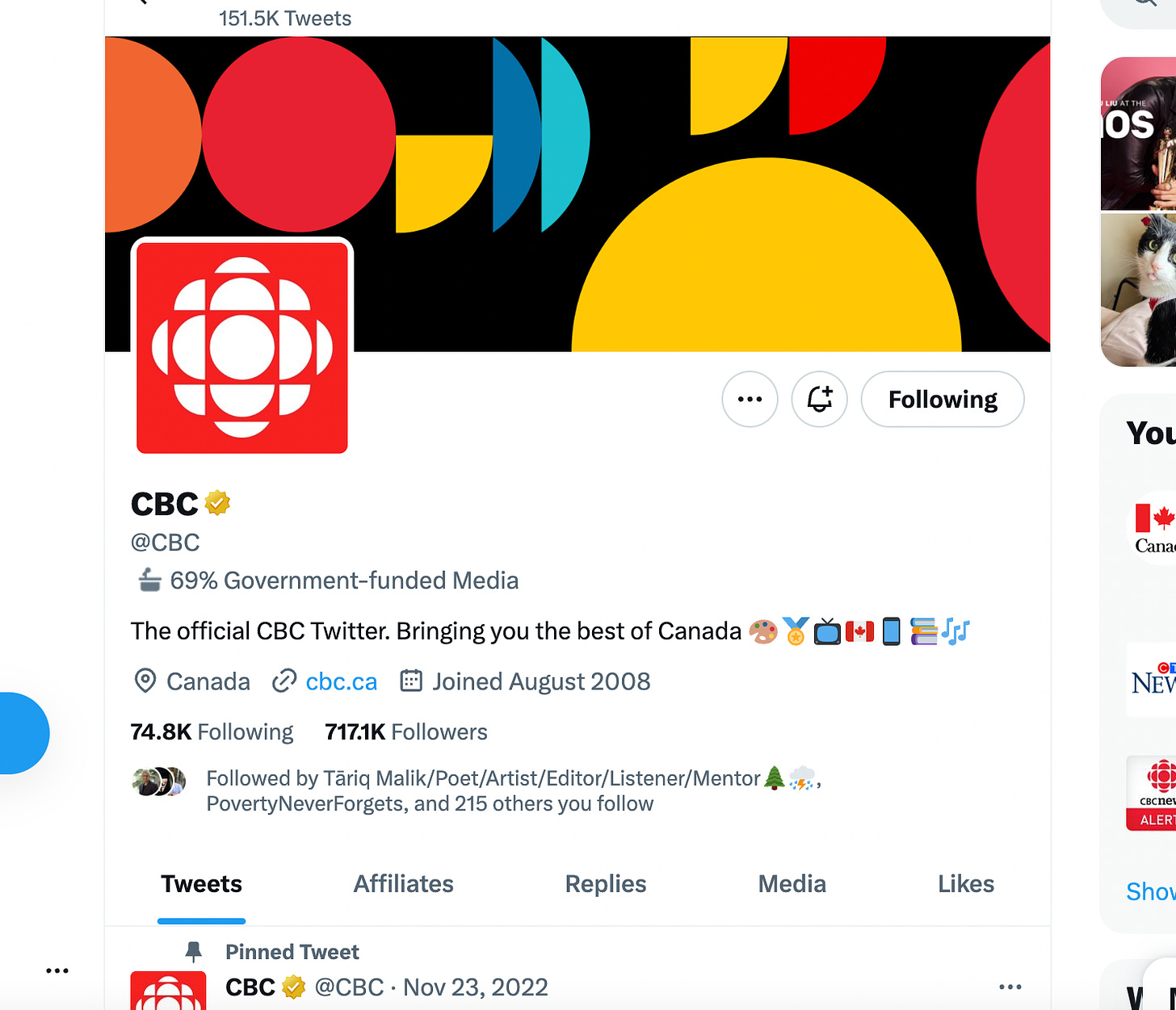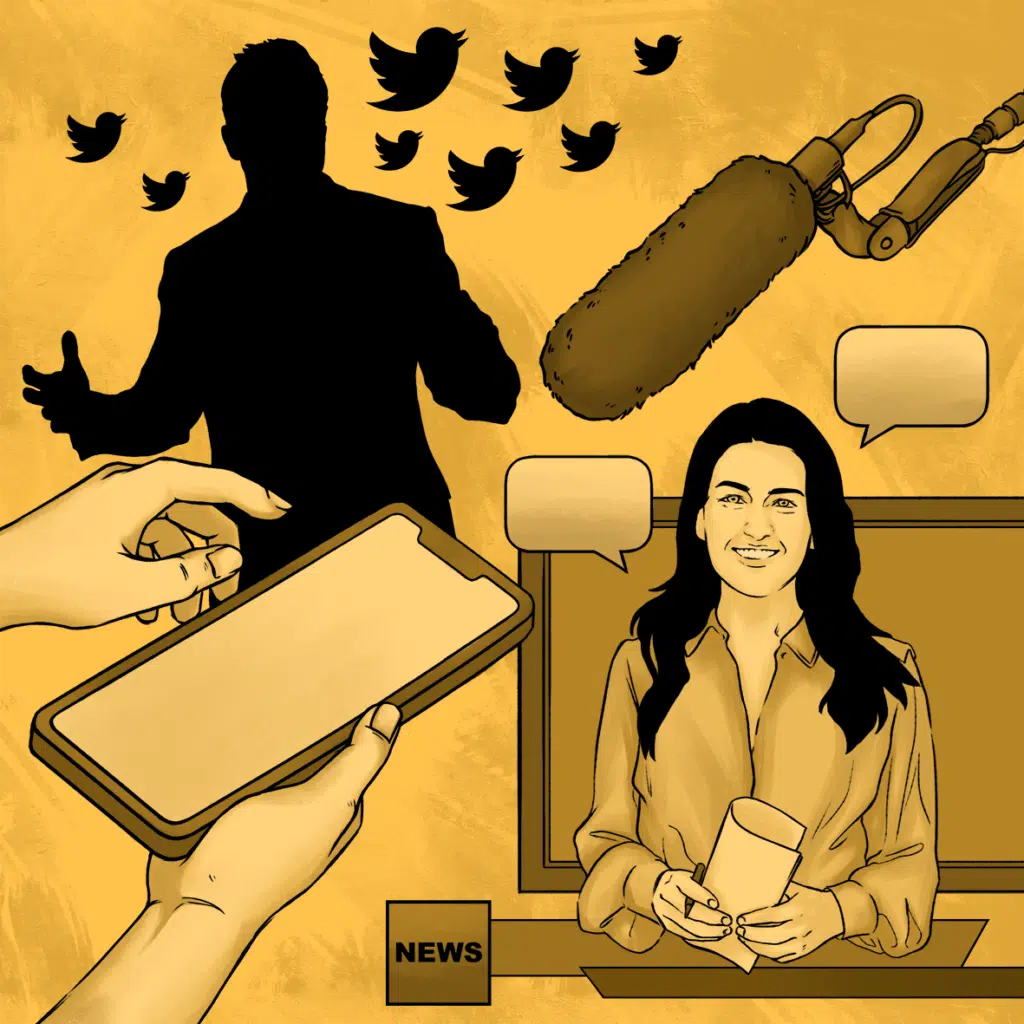By Leah Eichler,
Years ago, I ran the Reuters Online Newsroom, a global operation that determined what news we produced would find its way somewhere on the Internet. It was a 24-hour news operation that followed the sun, which meant I would regularly visit our overnight crew covering Asia, or the early morning crew covering Europe. It was exhausting, and I loved it.
One evening, I treated myself to a massage and the therapist asked me what I did for a living. I told him, and he was immediately enthralled, as if he were poking the shoulders of the illuminati.
Therapist: So tell me about all the stories you don’t publish.
Me: I’m not sure I understand the question.
Therapist: What are the big stories that those above you tell you not to run?
Me: I’m not sure you understand what it means to be a journalist. Our goal is to convey information, not keep it. We want to tell stories. No one has ever told me not to run a story.
I tried to remain hushed for the duration, despite his persistence in asking me about chemtrails and other conspiracies that he was certain I had insider information on.
That was in 2011, and trust in the media, while arguably never very strong, has taken a nosedive since then. Every time I heard the term fake news, I felt like someone was stabbing me with a fork.
I don’t see it improving, but this week, that fork in my side felt more like a dagger when Elon Musk, the billionaire owner of a major media company, Twitter, decided to add the juvenile moniker “69% Government-funded Media” to the CBC’s profile.

That was Monday and this is Sunday, so that’s something like a hundred years for a person like Musk, who has since dropped the label from the CBC’s page — as well as the BBC’s, NPR’s, and others. Could he have removed it after rethinking his position on these valued institutions? Maybe. Could he be worrying about the impact on future revenue? This brouhaha coincided with the removal of the fabled blue checkmark, which also hurts journalists (see: Elon Musk Needs Journalists More Than They Need Twitter.) Again, maybe.
Or maybe not. According to the Globe and Mail, their email request for comment last week was returned with a poop emoji, so you decide.
Many have weighed in on on the accuracy of the description “state sponsored,” so I will avoid that mousetrap. Is it government-funded? Yes. Does it have editorial independence? Also yes.
Is there a correlation between well-funded public media and democracy? Of course there is. If you feel like geeking out, here is some data from the Neiman Lab, which ultimately asks the question: “Is America a “flawed” democracy because we don’t fund public media? Or does America not fund public media because we’re a flawed democracy?” (Read it and I’m willing to bet you have already put more thought into the issue than Musk has with his ad hoc descriptions of institutions that help safeguard democracy.)

Now, I have nothing in principle against billionaires owning media companies. Musk is in fine company (Reuters was purchased by the Thomson Corporation, Jeff Bezos owns the Washington Post, John Henry owns The Boston Globe…the list goes on.) I think I saw David Thomson in the newsroom once, and he certainly did not pull a Logan Roy move from Succession. Although if memory serves me correctly, he did sport the billionaire chic of the show by wearing an ill-fitted suit with sneakers.
The issue, in journalism, doesn’t come down to ownership so much as it does to ethics. Snicker if you will — but yes, ethics exists among journalists and I know many who would die on the sword of ethics.
What does ethics in journalism mean? While I was still at Reuters, we had books outlining our code of conduct. It wasn’t only a matter of balanced sources, but examining how many photos we ran of the Israeli-Palestinian conflict that highlighted each side. It also meant coming clean when we messed up. Ultimately, ethics means accuracy above all.
No poop emojis required.
Yours in reading in reading and writing,
Leah Eichler
P.S. I started Esoterica as a destination for fiction writers, but also as a doorstop for non-fiction and creative non-fiction. At the heart of every story there is truth, and I’m grateful that you’ve joined us for the ride.
P.P.S. Musk isn’t the only threat to journalism. There are many. If you are looking for a primer, start here with the legal attacks. Of course, there are still journalists imprisoned for their work, most notably at the moment, Evan Gershkovich.
In other news:
What am I Reading:
- Where has the Rock Star Male Novelist Gone in the Irish Times
- Opinion: I’m the CEO of Dominion Voting Systems – And I Believe the Truth Still Matters in the Globe and Mail. Love the lede: “Does anyone care about the truth any more?” Good question!
- Why are Bloomberg writers so funny? I laughed out loud in this piece about Elon Musk. Jessica Karl wrote, after the SpaceX shuttle exploded that “(o)ne person joked that Elon must have mistakenly sent the Starship launch team the instructions he had planned to use to blow up Twitter.”
What am I watching? TV and Film:
- Succession is my crack. Oh, and can you say “We must, we must, we must increase our bust.” Hello, Judy Blume. I’ve missed you.

